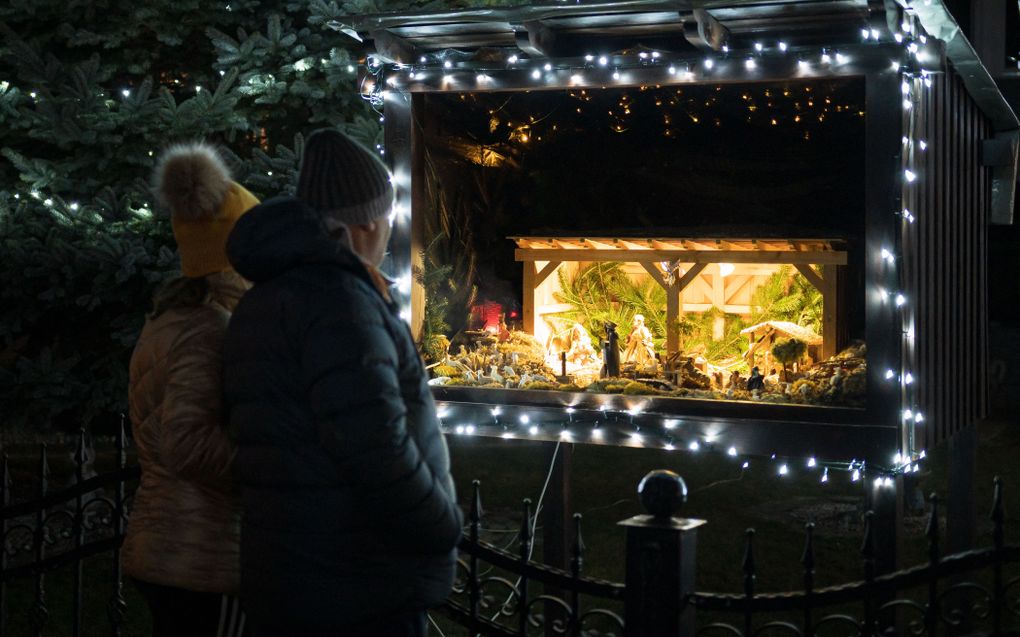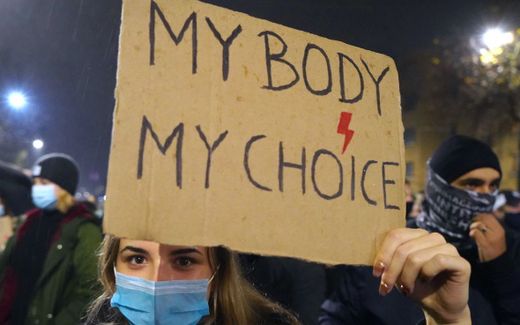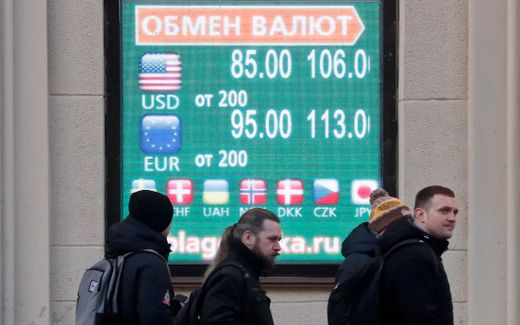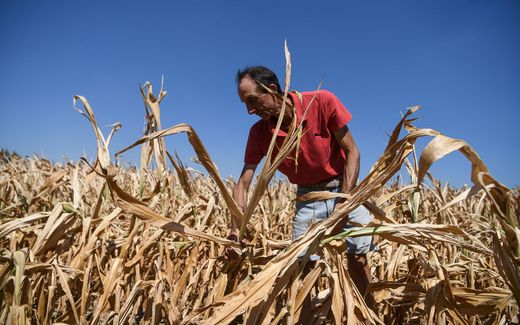Weekly column from EU: European Parliament celebrating Christmas is a historic gear change
02-12-2022
Christian Life
Marco Gombacci, CNE.news

Photo AFP, Jure Makovec
Christian Life
Christmas is coming, and with it, the controversy. Long gone are the years when Christmas meant serenity, joy, and family togetherness without politicising a holiday for everyone.
Unfortunately, and for some time now, Christmas has become an opportunity for some to stir up controversy and provocation for purely political ends. It is not uncommon to read school directives suggesting not to sing traditional Christmas carols, not to decorate classrooms with Christmas trees, not to make a nativity scene, not to wish Merry Christmas but simply 'Happy Holidays', and all to avoid 'offending' pupils or people of non-Christian religion.
Marco Gombacci was born in 1985 in Trieste, Italy.

He works as EU and foreign affairs analyst. He reported about the Mosul offensive (Iraq), the battle to reconquer Raqqa, from Deir Ezzor (Syria) and Nagorno Karabakh (during the conflict between Armenia and Azerbaigian).
He authored the book “Kurdistan. Utopia di un popolo tradito” (ed. Salerno, 2019).
Opinions and articles have been published by Wall Street Journal, Bloomberg, The Daily Express, TgCom45, TG5, Rai1, RaiNews 24, TRECE TV, FRANCE24, La Libre, Le Temps, and many others.
The whole thing has also taken on more grotesque contours: for example, the traditional Christmas markets in Brussels, the so-called capital of Europe, are not called by their name but 'winter pleasures, again so as not to offend the sensibilities of those who are not of Christian faith.
These attempts, these attacks on Christmas, however, are part of a broader method of systematically attacking the Christian religion. I refer to other examples, such as when the former Minister of Culture of Flanders in Belgium asked not to read the letters of St Paul 'because they are sexist'. In France, discussions had begun to replace the names of schools dedicated to Christian saints and martyrs; the Belgian Red Cross also decided to remove crucifixes from their offices in order to be 'impartial', or, again in France, a controversy arose in a school over the fact that some teachers had forbidden the showing of a cartoon about Christmas that told the nativity of Jesus Christ.
In short, a series of attacks seeks to undermine European identity and standardise the traditions and customs that have made Europe the great - albeit difficult - continent that it is.
But perhaps something is changing. If we look at the past years, some of this cultural revisionism was passively accepted for fear of being considered politically incorrect and of receiving a series of attacks from a certain cultural-political world. In recent years, however, some decisions have been strongly criticised, and perhaps we are close to a reversal.
Among these gestures, it is important to highlight a recent one. It was not easy, but this week MEP Isabel Benjumea (Partido Popular, EPP) overcame the European Parliament's bureaucracy so that from this Wednesday, for the first time in history, there will be a nativity scene at Christmas in a European institution. Until now, it was considered 'offensive' to other religions.
Isabel Benjumea has struggled persistently, she said, because 'Europe cannot be understood without its Christian roots'. On Wednesday, a nativity scene was inaugurated in the European Parliament building in Brussels, something that has never happened before.
Her faith, however, is certainly not an imposition. That is why she does not want to make 'an all-out defence of the Catholic faith with this initiative, but a defence of freedom of faith', to 'naturalise something that has been left out of the institutions'.
The MEP from the Partido Popular defends Europe's Christian roots: "Neither its history nor its culture or art can be understood without Christianity. Nor can we understand the EU's political project without Christian humanism, which is the source that inspired many of the founding fathers of the European project, such as Robert Schuman". "This institution cannot fall into the trap of considering it offensive to remember that at Christmas what we celebrate is the birth of Christianity. This institution cannot fall into the trap that the left constantly proposes, wanting to be offended by claiming something as simple as Europe's historical heritage".
The MEP also recalled that she found it curious that in an institution that commemorates something every day, the only commemoration that disturbed was Christmas.
Benjumea continued to fight until she reached her goal, also thanks to the support for the initiative of the current President of the Parliament, Malta's Roberta Metsola.
This is a good sign, marking a gear change and boding well for the future. It follows the theory of the great Italian intellectual Benedetto Croce in 'Why We Cannot Not Call Ourselves Christians', where he argues that Christianity brought about a revolution 'which worked in the centre of the soul, in the moral conscience, and by giving prominence to the inner and proper nature of that conscience, it seemed as if it acquired a new virtue, a new spiritual quality, which humanity had hitherto lacked', which, thanks to that revolution, cannot be not called 'Christian'.
Related Articles






